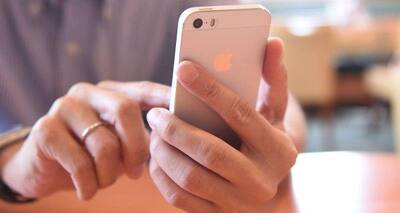Don’t Miss Out on the Latest Updates.
Subscribe to Our Newsletter Today!
Did you know your digital activity reveals a lot about your health?

Do you know that your digital activity betrays a lot about your culture, work schedules, leisure activities and sleep patterns? A new study finds that people tend to have their personal rhythm of digital activity. 'Each individual follows their own distinctive and persistent daily rhythm,' said lead researcher Talayeh Aledavood from Aalto University, Finland. These personal rhythms could be detected in multiple datasets, and to a similar extent for e-mail, phone calls, and text messages. 'In almost every case, the individual patterns differ strongly from the average behaviour, for example by increased calling frequency during mornings, mid-days, or evenings,' Aledavood added.
Over the past decade, there has been a surge of scientific studies on the digital activity of people, such as making mobile calls, texting, e-mailing, and posting on social media. As nearly all human behaviour leaves a digital footprint, in a new study researchers from Finland and Denmark use a radically new approach to study digital rhythms. What drives these individual differences is not yet clear. Geographical and cultural differences clearly play a role. The researchers believe that there could also be an effect of physiology, for example caused by the difference between morning and evening persons, or by highly individual patterns of alertness during the daylight hours.
The study found that these personal digital rhythms persist in time, meaning they are truly characteristic for each individual. This finding could also have medical applications: digital rhythms could be selectively monitored for patients with mental health problems, the researchers suggested. Sudden changes in patients' digital rhythms could be a sign that medical intervention may be necessary. The findings were published in the open-access journal Frontiers in Physics.
Source: IANS
Photo source: Getty images


